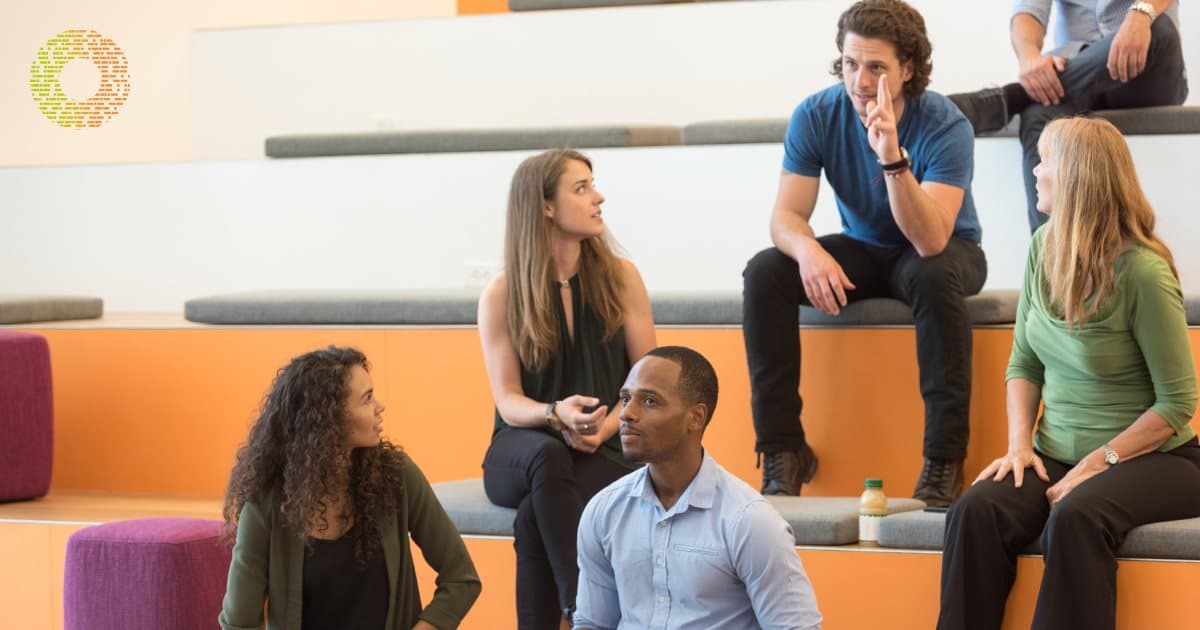Adulting is hard, we know this. For most of us, school was hard too. So, can you imagine what being an adult learner is like? Yep, you guessed it. Hard.
But hard does not mean impossible.
Let’s look at this from two angles. First, we need to discuss the adult language learners in our English as a foreign language (EFL) classrooms. But, we can’t forget about ourselves! So, second, we need to talk about being an adult learner as a TEFL trainee.

Why is it hard for adults to learn a foreign language?
Even though studies show it is easier for us to learn a foreign language before the age of six, this doesn’t in any way mean that if you’re older than six it’s too late. This is known as the critical period hypothesis. This is why many adult learners of a foreign language struggle to achieve native-life pronunciation of a foreign language.
But the critical period hypothesis is just one side of the story. There are a number of other factors which make it more challenging for adult brains to learn a foreign language. Let’s look at them.
- Adults already speak a language
Speaking one language can actually be a hindrance to learning another language. As adults, our brains naturally translate what we don’t understand into our first language. This takes time for our brains to process.
Children can learn a foreign language without the need for this translation. They learn subconsciously by forming direct links between concepts and words without having to use their first language.
- Adult brains are different
As we grow older, our brains learn differently. Adult brains use more complex problem-solving methods to learn. Children use their instincts more. This is why adult learners are more focussed on learning language rules while children are happy to play with language.
At the same time, it might have been a while since your adult learner was in the classroom. Studying is a skill. Without practice, we lose this skill. Adults who have just graduated will find being in the classroom easier than, say, a 45-year old who graduated 20 years ago.
- Adults have to adult
Adults have more on their minds than children. Adults likely have jobs or studies, as well as families and responsibilities to think about. This means that adults are often physically, mentally or emotionally tired when they are tackling language learning, which is not ideal.
So, how can we help our adult learners by improving the learning process for them, particularly in the EFL classroom?

Here’s how:
Top tips for improving the learning process for adults
- Prioritise learning
As adults with a lot on their minds, create a safe space for your learners. A space where they can take their minds off their dentist appointments, grocery shopping, and kids’ birthdays, so they can concentrate on learning.
- Have fun
A large part of learning is being comfortable. Adults especially can find it difficult to learn if they feel stressed or threatened. Make sure your classroom is a safe space. Encourage friendships between your students. Maintain a sense of humour, and keep your lessons light-hearted and fun.
Read more: 5 Games for Adult Learners of English
- Be a cheerleader
Disclaimer: we’re not saying you need to wear a uniform! But you can take some tips from cheerleaders. All learners need encouragement. Be mindful of your language in the classroom. Be positive and encourage your students. Make them aware of their progress, which they might not see.
- Encourage questions
Adult learners don’t like admitting they don’t understand or asking for help. Create an environment in your classroom which encourages them to ask questions. This way the students won’t feel afraid to ask for help.
- Be their IT guy
Technology is a great tool for learning. But some adults are not comfortable using technology, or using more than the basics. If you are making use of apps or blogs or social media in your classroom, check whether or not your learners know exactly what you want them to do and how to do it.
Now that we’ve spoken about improving the learning process for adults in the EFL classroom, what about you? If you are still considering doing a TEFL course, chances are you are an adult. Maybe you never really enjoyed being in the classroom. Maybe traditional education never worked for you. Or maybe it’s been a few years since you stepped into a classroom.
Fear not!
We’ve already shown you that learning is different as an adult. Now let’s talk about how you can help yourself on the TEFL course.
Read more: How to Ace Your TEFL Course
- Invest in your course
Your time is valuable. And so is your money. You don’t want to waste time or money doing a course that’s not worth the paper it’s printed on. Make sure your TEFL course is accredited and internationally recognised.
- You do you
As an adult, you know the best way you study, and the best way you can fit a course into your busy life. Doing an online course gives you flexibility in terms of location and time. But if you prefer person-to-person contact, make sure the course you choose has enough support from (real) tutors and TEFL experts.
- Get organised
You don’t need a home office to do a TEFL course, but make sure you have a space dedicated to your learning. This can be where you keep your books and notes organised and easily accessible. Being organised will also help you keep on top of the course so you don’t get left behind!
- Be kind to yourself
Doing a TEFL course might seem like a sprint but it can feel like a marathon. TEFL trainees take in huge amounts of information in a short space of time. Work smart, not hard, and know when to rest. Trying to juggle your life and a TEFL course can be tricky, but it’s manageable. Look after yourself, or you won’t finish the course.
Read more: Burnout and the TEFL Teacher

- Stay inspired
Keep your eye on the big picture to keep yourself motivated. Read our alumni’s stories to see what they have achieved with their TEFL qualification and follow our Instagram page for more travel and TEFL inspiration!


